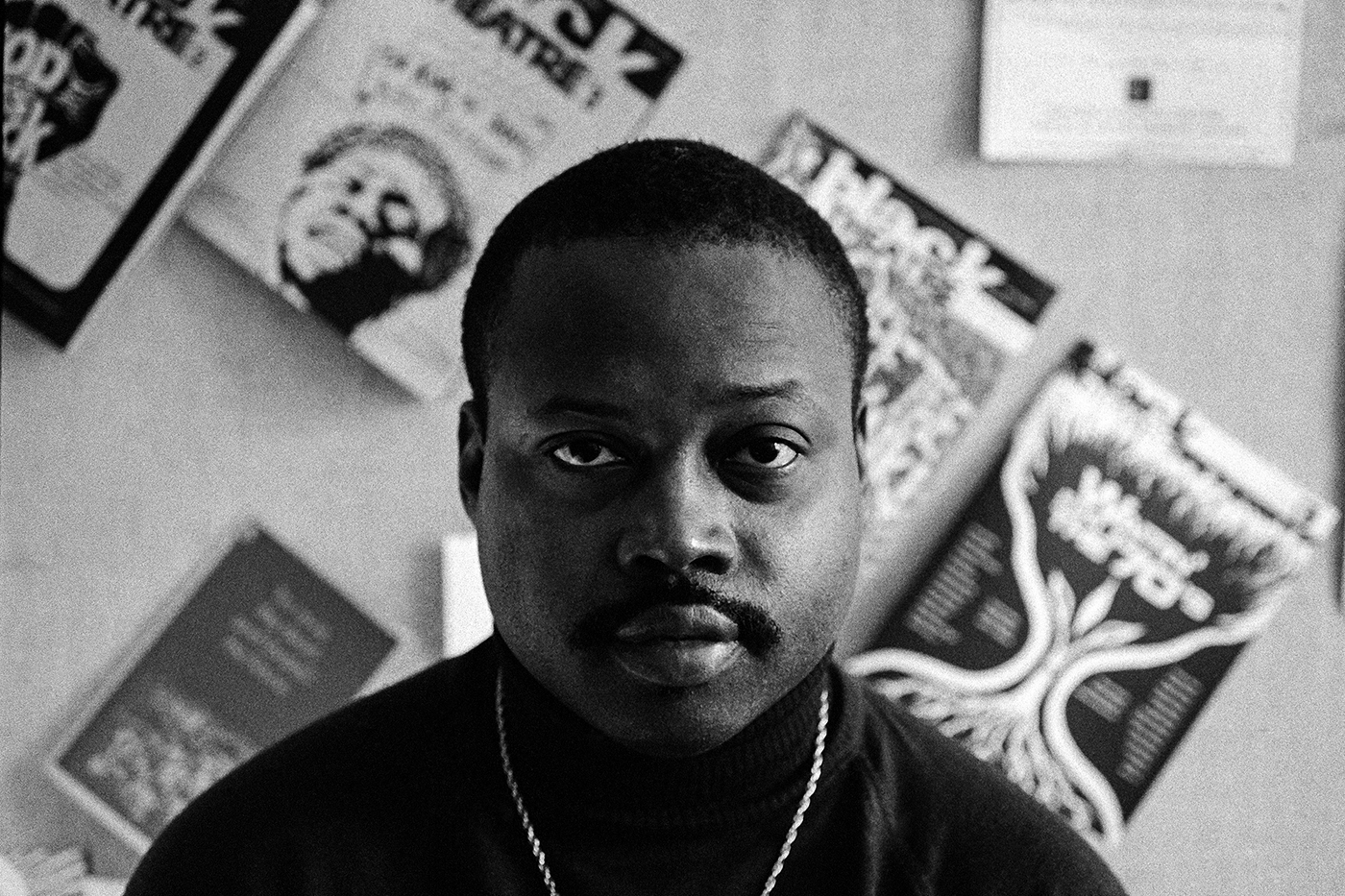
Remembering Ed Bullins, Leading Playwright of the Black Arts Movement
Friends and colleagues of Ed Bullins, a leading Black playwright of the 1960s, whose work helped shape a protest movement within the theater centered on the African American experience, remember the former Northeastern University professor as gentle, warm, and restlessly prolific.
Bullins passed away on Nov. 13 from complications of dementia. He was 86.
“I found him to be very warm,” says Richard O’Bryant, the head of Northeastern’s John D. O’Bryant African American Institute. “He came from the ’60s and was a product of the civil rights movement. Of course, they carried that struggle on their sleeve, and he very much enjoyed talking about it.”
O’Bryant says Bullins was deeply involved with Black faculty in the early years at Northeastern, and would, years later, stop in at the institute several times a semester to talk to students.
O’Bryant also remembered an evening when the institute hosted a collaboration between Bullins and the late Pat Patrick, jazz musician and composer, who was also former Massachusetts Gov. Deval Patrick’s father.
“That was a special evening,” O’Bryant says.
Born in Philadelphia in 1935, Bullins’ reputation as a playwright took shape in the mid-1960s, when he moved to San Francisco and connected with a flourishing community of Black artists. It was around that time that he wrote his first plays, citing the influence of figures like Amiri Baraka, a poet and playwright who founded the Black Arts Movement.
The civil rights era movement among Black artists began in 1965 after the assassination of Malcolm X. Although it lasted about a decade, the Black Arts Movement remains an important touchstone in the history of Black resistance. Its poetry, literature, and theater still permeate the culture today, particularly as hip-hop and spoken word poetry continue to surge in popularity among new generations of artists.
Bullins’ plays, which sought to render the Black experience in ways that broke with the expectations of traditional theater, were key works in the artistic movement, according to the New York Times’ obituary of the artist.
Bullins moved to New York City in 1967, and his work was featured in numerous African American theaters there. After bouncing back and forth between coasts, earning his bachelor’s degree and an MFA in playwriting along the way, Bullins moved to Boston in 1995, becoming the distinguished artist-in-residence and a professor of theater at Northeastern University. He retired from teaching in 2012.
O’Bryant says his relationship with the famed playwright was more of a professional one, but adds that Bullins cherished his colleagues, was an animated conversationalist, and “always seemed to make time for people.”
“We spent a lot of time chatting it up,” O’Bryant says, “and I always enjoyed those chats.”
As a central figure in the Black Arts Movement, Bullins was greatly admired by students and faculty at Northeastern. Greg Allen, visiting assistant teaching professor of theater in the College of Arts, Media and Design, says despite his appointment in academia, Bullins “never compromised his advocacy for Black rights, for theater of the people, [and] for speaking truth to power.”
“When I came to teach theater at Northeastern University, I was very aware of Bullins’ legacy here and I was both proud and challenged by the idea of working at the same university to which Ed Bullins had given so much of his artistic talent and energy,” Allen says.
He adds that Bullins was someone who “spoke to the values of the urban experience,” a leading artistic voice and a teacher to many with extensive roots in Boston theater. Part of his legacy in Boston, apart from his enduring influence on countless students, colleagues, and theatergoers, is that he founded the Roxbury Crossroads Theatre in 2006 as a way to empower Black voices.
“Bullins was a lighthouse beacon on a sea of whiteness and suburban dreams for young people of color striving to make lives in the American theater,” Allen says. “He showed us another way to be.”
In an interview given in 2010, Bullins was asked why he turned to playwriting as a mode of activism. He said plays can be “a correcting force,” and that the theater has helped depict human struggles in ways that can inspire movements, while continuing to speak to those who cherish the art form.
“There is a percentage that cling to plays because it gives them so much,” Bullins said then.
For media inquiries, please contact [email protected].





